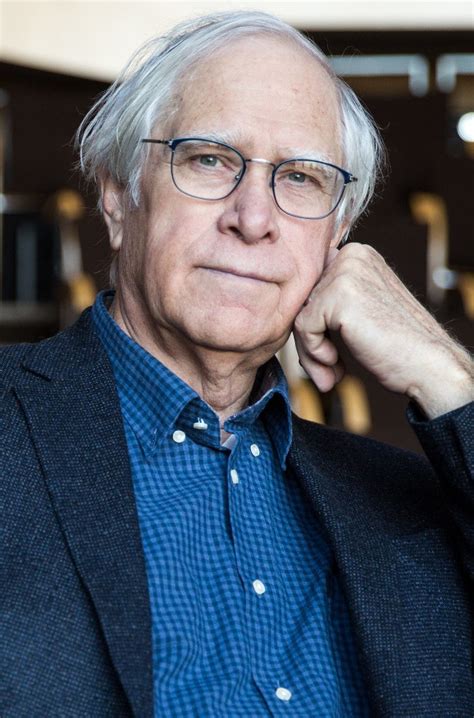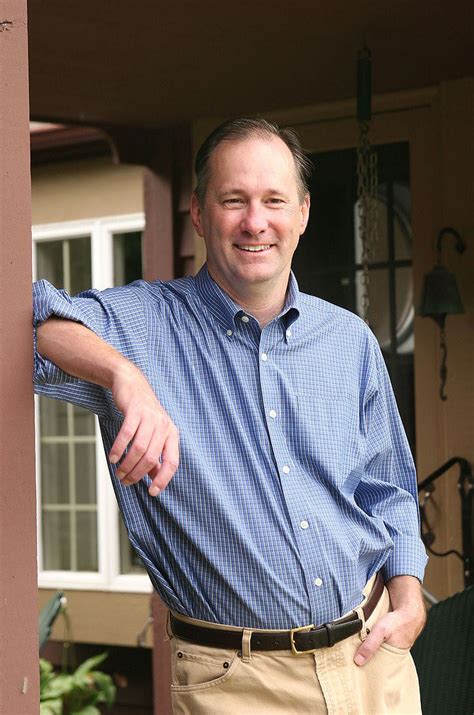A Quote by Brigid Brophy
A medical profession founded on callousness to the pain of the other animals may eventually destroy its own sensibility to the pain of humans.
Related Quotes
As an individual with my own hurts, I go into the Garden (Gethsemane) as often as I need to. There I identify with the pain in the other, with my part in that pain, my part in tempting someone to wound me. I experience the other's pain, and God's pain, and am devastated - because their pain becomes my own. Feeling such anguish, I can forgive, or deeply repent, either for myself or on behalf of the other.
Humans — who enslave, castrate, experiment on, and fillet other animals — have had an understandable penchant for pretending animals do not feel pain. A sharp distinction between humans and 'animals' is essential if we are to bend them to our will, make them work for us, wear them, eat them — without any disquieting tinges of guilt or regret. It is unseemly of us, who often behave so unfeelingly toward other animals, to contend that only humans can suffer. The behavior of other animals renders such pretensions specious. They are just too much like us.
Many animals experience pain, anxiety and suffering, physically and psychologically, when they are held in captivity or subjected to starvation, social isolation, physical restraint, or painful situations from which they cannot escape. Even if it is not the same experience of pain, anxiety, or suffering undergone by humans- or even other animals, including members of the same species- an individual's pain, suffering, and anxiety matter.
The animal liberation movement is saying that where animals and humans have similar interests - we might take the interest in avoiding physical pain as an example, for it is an interest that humans clearly share with other animals - those interests are to be counted equally, with no automatic discount just because one of the beings is not human.
Pain and suffering are in themselves bad and should be prevented or minimized, irrespective of the race, sex, or species of the being that suffers. How bad a pain is depends on how intense it is and how long it lasts, but pain of the same intensity and duration are equally bad, whether felt by humans or animals.
It has been an obsession of human beings to create a hierarchy that places the human species on top and lumps all the "other animals" together beneath us. The resulting "speciesism" allows us to look upon animals as less deserving of all manner of rights and considerations than humans. To support this lower status, humans have argued that animals act instinctually; don't have souls; don't feel physical pain like we do; and lack self-consciousness, cognitive intelligence, emotional feelings, morality, and ethics.
As a physician I have sympathy for patients suffering from pain and other medical conditions. Although I understand many believe marijuana is the most effective drug in combating their medical ailments, I would caution against this assumption due to the lack of consistent, repeatable scientific data available to prove marijuana's benefits. Based on current evidence, I believe that marijuana is a dangerous drug and that there are less dangerous medicines offering the same relief from pain and other medical symptoms.
Grief does not end and love does not die and nothing fills its graven place. With grace, pain is transmuted into the gold of wisdom and compassion and the lesser coin of muted sadness and resignation; but something leaden of it remains, to become the kernel arond which more pain accretes (a black pearl): one pain becomes every other pain ... unless one strips away, one by one, the layers of pain to get to the heart of the pain - and this causes more pain, pain so intense as to feel like evisceration.
Raw pain alarms. us. It reminds us that life isn't as orderly as we'd hoped. We demand that pain settle down before we shuffle it off to the quiet table. We want pain to stay in its own little section, want to keep it from spilling over into the other parts of life. Just like . lunch trays. Keep pain in its own little compartment.



































